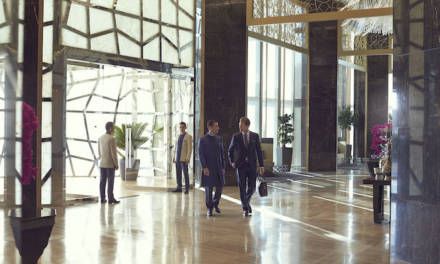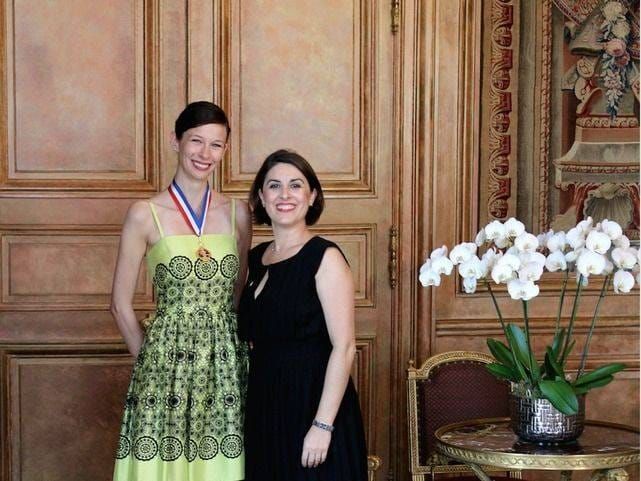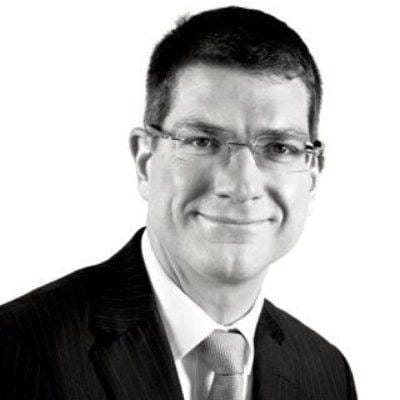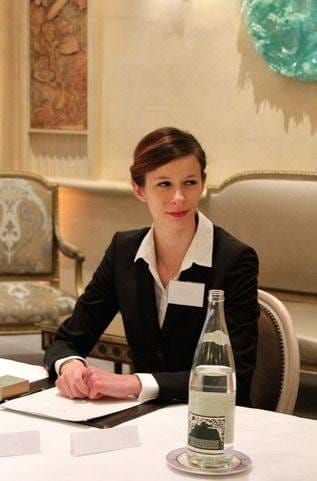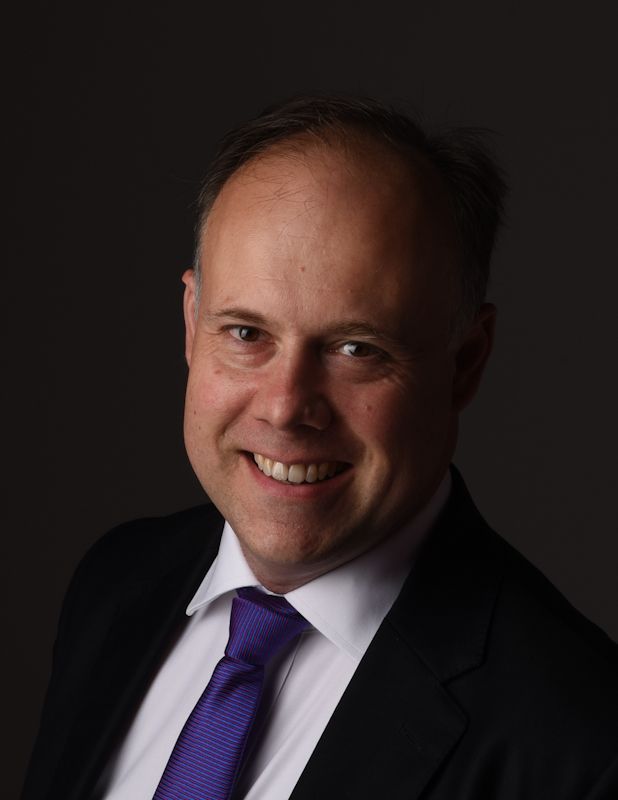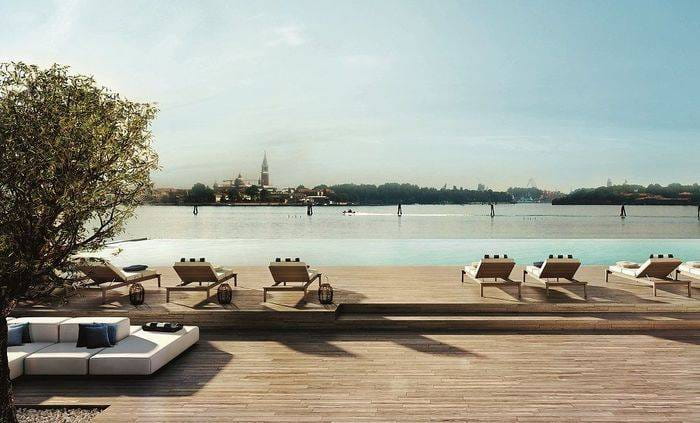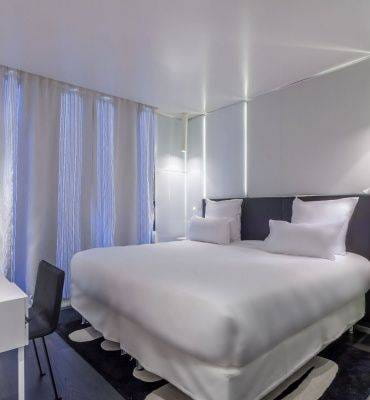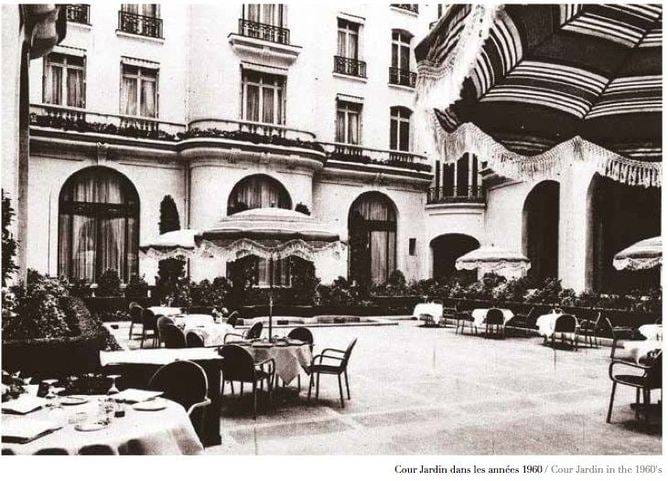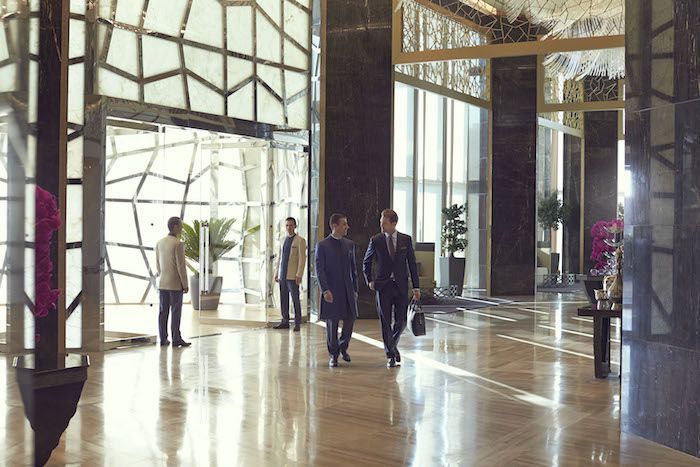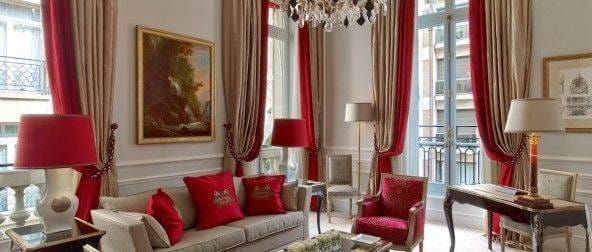A Conversation with Gilles Le Bras, organizer of the ‘Meilleur Ouvrier de France’ competition for hotel receptionists.
Back when I was a Director of Accommodations, I had the pleasure of serving as member of AICR (Amicale Internationale des Chefs de Réception), an international association for reception managers and assistant directors of large hotels. This dynamic association brings together professionals who are passionate about their respective careers in accommodations. The association is also known for awarding David Campbell Trophy, which recognizes the best receptionists.
The association also created a category within the famed ‘Meilleur Ouvrier de France’ contests specifically for hotel receptionists in order to promote this line of work.
It was at the award ceremony for the ‘Meilleur Ouvrier de France’ at the Le Meurice Hotel that I ran into Gilles Le Bras, who contributed significantly to the foundation of this prize. A graduate of the Saint-Quentin-en-Yvelines Hospitality School, Gilles Le Bras has worked in numerous independent luxury hotels before joining ACCOR through Sofitel—where I had the pleasure of working with him—then at Pullman and finally at Mercure. He has held various posts across accommodations and restaurant management. He currently serves as hotel manager of Mercure Paris Sud Parc du Coudray.
I turned to him learn more about the Meilleur Ouvrier de France award.
Why did you create a ‘Meilleur Ouvrier de France’ category for hotel receptionists?
In the restaurant and hotel sectors, careers based around welcoming were not adequately represented. Can you imagine a hotel without someone there to sell it or without someone there to welcome guests?
There were several of us who wanted to highlight the diversity and complexity of our careers in reception in hotel within the AICR. The title ‘Meilleur Ouvrier de France’ was a way to put the spotlight on our knowledge and our expertise.
AICR has played a fundamental role in the creation of ‘Meilleur Ouvrier de France’ for hotel receptionists. How did you go about creating this prize? What were the steps necessary to create the competition?
Without a professional association, it’s impossible to create a new category for ‘Meilleur Ouvrier de France.’ It’s the profession that literally carries this competition. Developing and putting a place a competition calls for significant financial and human resources. The role of the association is to provide the resources necessary for the competition.
First, we had to obtain permission to open a group before the Organization Committee for the competition. Then, we formed a working group of about ten people to create, organize, and orchestrate the competition.
We outlined the standards of the receptionist’s position in order to define the role of receptionists in hotels and the way the work should be conducted. We assembled together a document outlining the techniques that had to be mastered, the relevant competencies, the expertise, etc. This step is very important because it defines the career in precise terms such as it exists in the business setting.
After that, it was up to us to create the challenges. This was certainly the most delicate part of the competition. It’s a heavy responsibility to have to choose who represents excellence in our profession. It wasn’t immediately obvious to find situations to judge our candidates. Numerous meetings allowed us to share our ideas, verify noteworthy criteria, and put our challenges to the test.
Finally, we had to settle on a location to host the competition, plan out the schedules, and see to all the details involved in organizing the various challenges. We ended up constructing a highly elaborate challenge with over 100 people involved—it was a logistical nightmare!
Who is this competition designed for? Is it reserved for luxury establishments?
Any professional of a hotel and para-hotel establishment who is in charge of welcoming, the overseeing of a satisfactory stay, and the comfort of the clients is welcome to take part in the competition. There is also an age requirement of 23 years old at the time of registration.
Any kind of hotel can participate, whatever its classification may be. This competition identifies those who demonstrate a mastery of competences in hospitality careers and an excellent relational quality. This kind of excellence can be found in numerous types of establishments across different levels of service.
What qualities did the members of the jury look for?
During the qualitative challenges, the jury members look for techniques and expertise that correspond to the fundamental values of our careers: knowing how to conduct a high-quality sales engagement, ensuring a satisfactory stay, offering advice to clients, and overseeing the delivery of provided services.
During the final challenge, we judge excellence in all its forms: the ability to anticipate, organization skills, relational qualities, preparation skills, and creativity.
On a personal note, I think that the quality of a candidate reads through in his or her ability to absorb a situation, as well as the quality of the client relationship he or she is going to put in place. What comes first is how the client feels. In order to be able to impart an emotion, one has to be able to master numerous skills, but one also has to be able to know how to use them at just the right moment to satisfy the client.
Claire Dupleix, the first MOF Receptionist
Laurent Delporte, an editor and conference speaker, is a strategic expert in the sector of hotels. A visionary, he brings his unique look on hotels in service to the decision-makers in the industry, whether to enhance the development of new projects or strategic visions.
Laurent has visited and audited over 350 hotels across the world and also participates in mystery visits to provide quality control for the world’s finest hotels.


 HOME
HOME